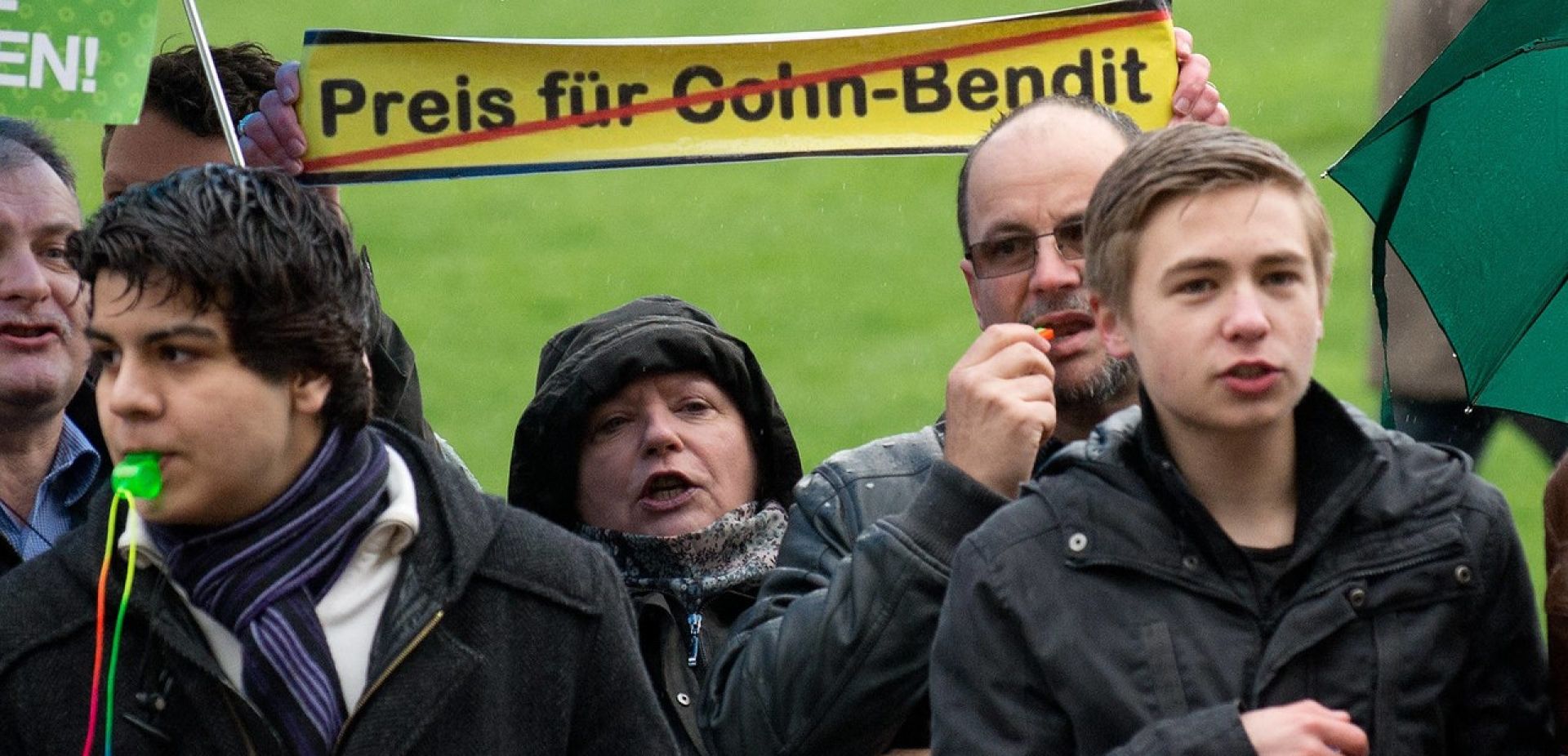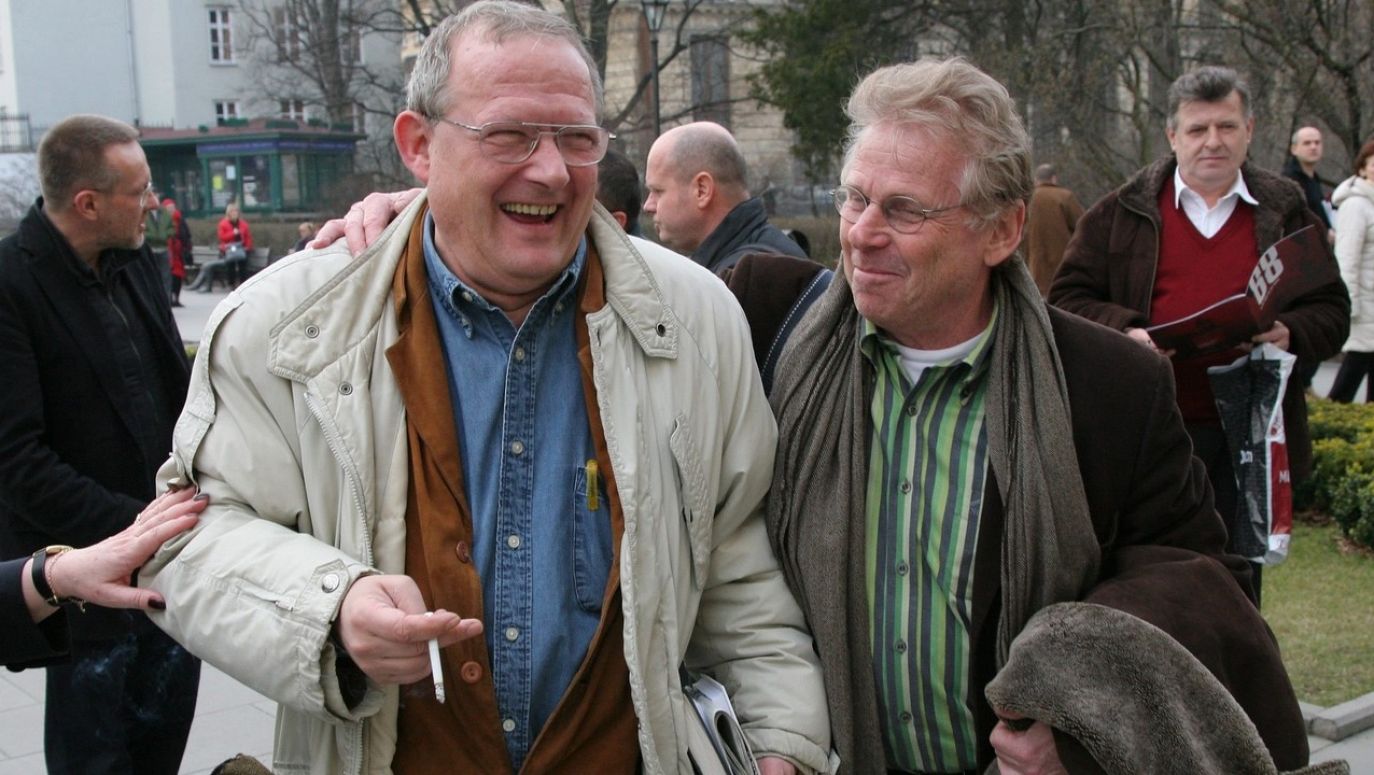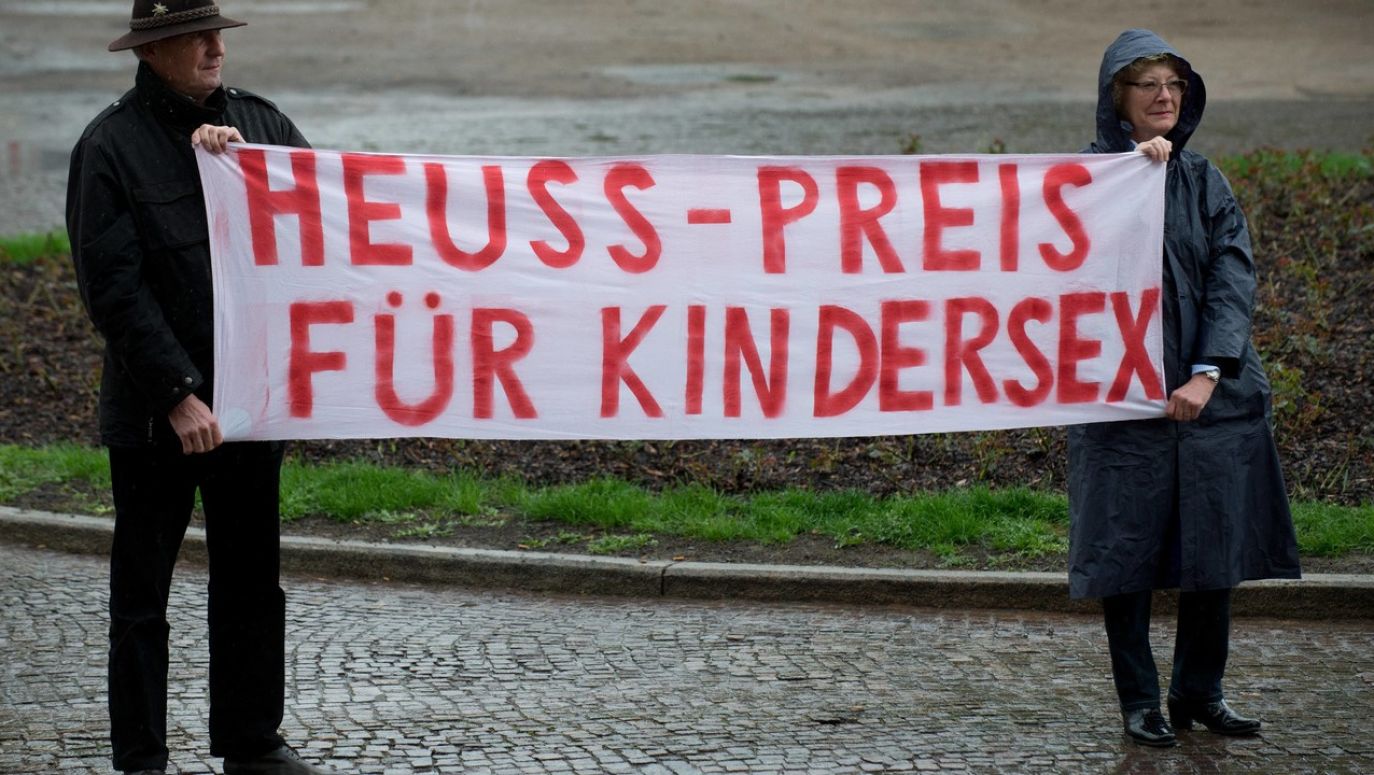Meanwhile, the legacy of May '68 has a dark side, which is very troublesome for many eulogists of the legend about the romantic Parisian rebellion (including Michnik). The French philosopher Michel Onfray (by no means a conservative) stated directly that it was all about the praise of paedophilia.
"Free love" with minors
In the 1970s and 1980s, Cohn-Bendit advocated decriminalising adult-child sex, and he probably didn't stop at words. Although he later disassociated himself from his position, the fact could not be denied that he previously admitted to this shocking behaviour.
 SIGN UP TO OUR PAGE
SIGN UP TO OUR PAGE 
In 2001, German journalist Bettina Röhl (daughter of the famous Red Army Faction terrorist Ulrike Meinhof) recalled Cohn-Bandit’s 1975 book "Le grand bazar" ("The Great Bazaar"). In this publication, the author boasted that when he worked in an alternative pedagogy kindergarten in Frankfurt, he had "flirts with children" of an "erotic nature" (including sexual contact with five-year-old girls). Somehow he made no secret of this confession. In 1982, he repeated the same in “Apostrophes”, which was a live, weekly, literary, prime-time French television talk show.
Cohn-Bandit’s case is not an isolated one. Two texts by Beata Modrzejewska in TVP Weekly describe the “creme de la crème” of French socialites and their attitude to sexual abuse of minors by adults.
As for "free love" in practice, there was no age limit for the circles in question. Modrzejewska reports on the discussion around the "Le Consentement" novel ("Consent") published in 2020. Its writer, Vanessa Springora, has woven painful facts from her life into the literary fiction. And it so happened that in 1985, at the age of thirteen, she was seduced by the writer Gabriel Matzneff. The man was 49 years old at the time and did not see anything inappropriate in his actions (and, according to the book, he did not even avoid violence towards the girl). And then - in 1990 - like Cohn-Bendit, he did not hesitate to admit in “Apostrophes” to his perverse erotic tastes.
However, is it really surprising.. since Parisian salons had a certain moral climate? Modrzejewska recalls a petition from 1977, in which luminaries of French public life appealed for permission with regard to paedophilia in France; There were writers such as Louis Aragon, Simone de Beauvoir, Jean-Paul Sartre, literary critic Roland Barthes, film directors Patrice Chéreau and Alain Robbe - Grillet, philosophers - André Glucksmann, Jacques Derrida, Michel Foucault, politicians - Bernard Kouchner and Jack Lang. Among the signatories of the document, there was even a paediatrician. It's about Françoise Dolto, who was considered an outstanding expert in the field of childcare.
The petition also included the argument that the right to the contraceptive pill in France already covered thirteen-year-olds. This means that the legislator predicted that at the age of 13, children would be ready for sexual intercourse.


 SIGN UP TO OUR PAGE
SIGN UP TO OUR PAGE 





